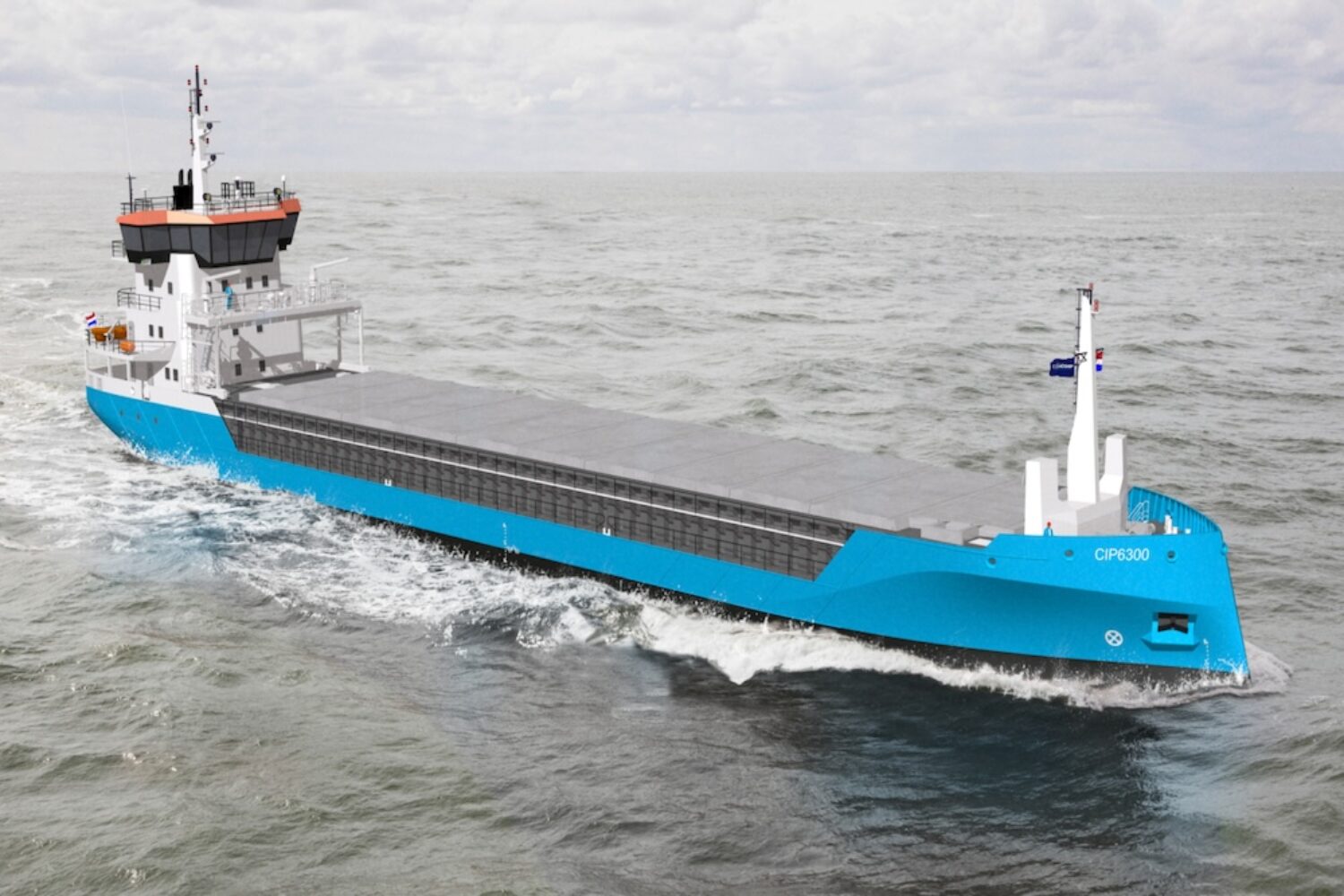Norwegian Electric Systems (NES) has been awarded the contract to supply the energy systems for eight new bulk carriers.
The ships will be built at the Indian shipyard Udupi Cochin Shipyard for the dry cargo group Wilson. NES ‘ scope of supply includes power planning and a complete power system. This includes the supply of main generators, main propulsion motors, bow thruster motors, DC switchboards, main propulsion and bow thruster controls and transformers. The equipment deliveries are scheduled to take place between the second quarter of 2026 and the second quarter of 2028.
At the Nor-Shipping 2023 exhibition, NES, a subsidiary of HAV Group ASA, which is listed on Euronext Growth Oslo, and the sister companies of the HAV Group had already announced a commercial initiative to offer emission reduction solutions for short sea shipping. For this project, NES will use its expertise from energy optimisation of ferries and offshore vessels and apply it to Wilson’s dry cargo vessels.
“This is the first time we are working with Udupi Cochin Shipyard and Wilson. This contract represents part of the expansion and growth we have been aiming for over the last two years as part of our short sea shipping ambitions,” explains Siv Remøy-Vangen, Managing Director of NES.
Ship designs are by Conoship International from the Netherlands
Udupi Cochin Shipyard will build the eight 6,300-ton dry cargo vessels. The vessels have been designed by Conoship International, Netherlands. The design focuses on flexibility and energy efficiency, with the optimised hull lines together with the NES energy system resulting in the lowest possible fuel consumption. In addition, the vessels have the option of installing three VentoFoil units to further reduce fuel consumption. The vessels will be used in the Wilson fleet for the transportation of general cargo in European coastal waters.
“I must thank Wilson for their trust and cooperation. It is commendable when ship owners bring local suppliers on board for international shipbuilding projects. This approach is crucial – not only for NES, but also for maintaining and strengthening the maritime cluster on the Norwegian west coast. In this way, shipowners like Wilson become the driving force at the heart of this thriving ecosystem, securing local activity and maintaining the long-term competitiveness of the cluster,” adds Siv Remøy-Vangen.
Wilson operates around 130 vessels
Wilson, headquartered in Bergen, Norway, is the leading operator of short-sea shipping in Europe, transporting around 15 million tons of dry cargo across the continent. The company operates a fleet of around 130 vessels with a carrying capacity of between 1,500 and 8,500 dwt.
“With a newbuilding project as significant and important as this one for Wilson, it is great to be able to utilise NES’ Norwegian expertise and technical knowledge. It is also a pleasure to use a local and competitive supplier,” says Henrik Orth, Director of Wilson Ship Management.













